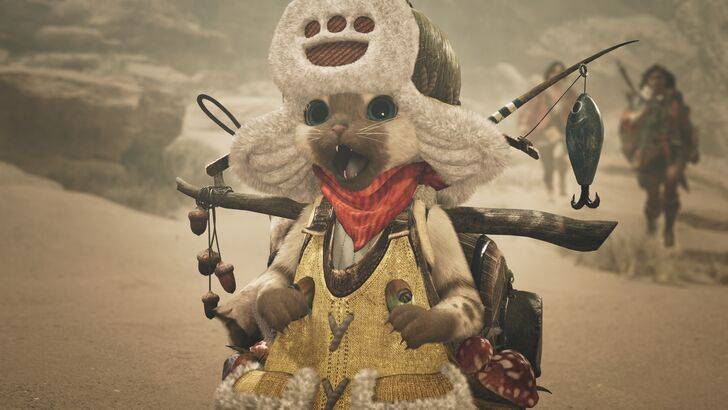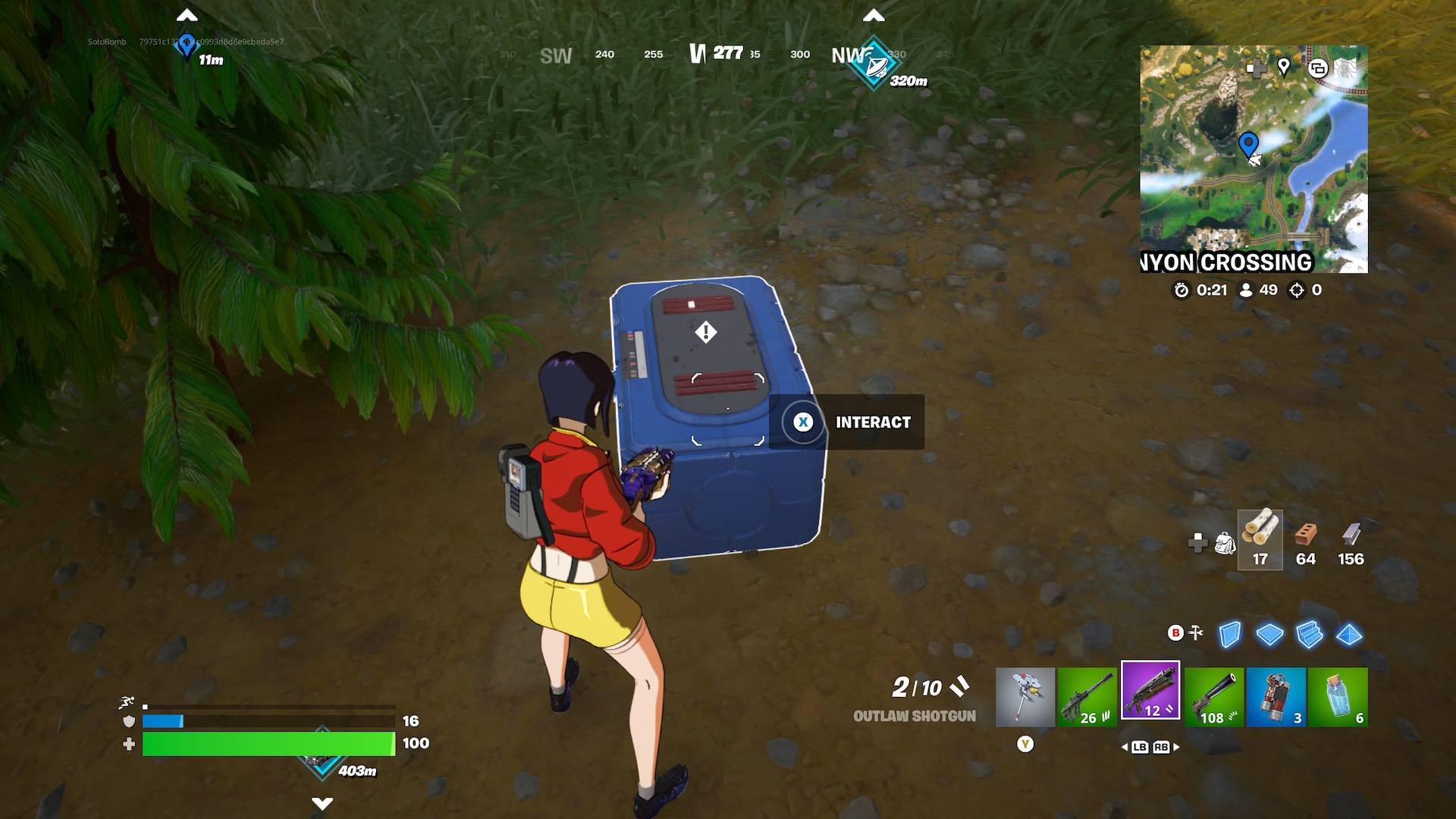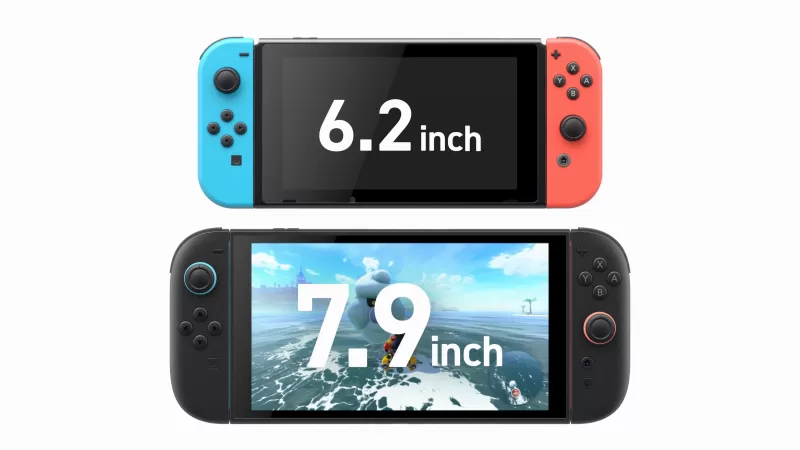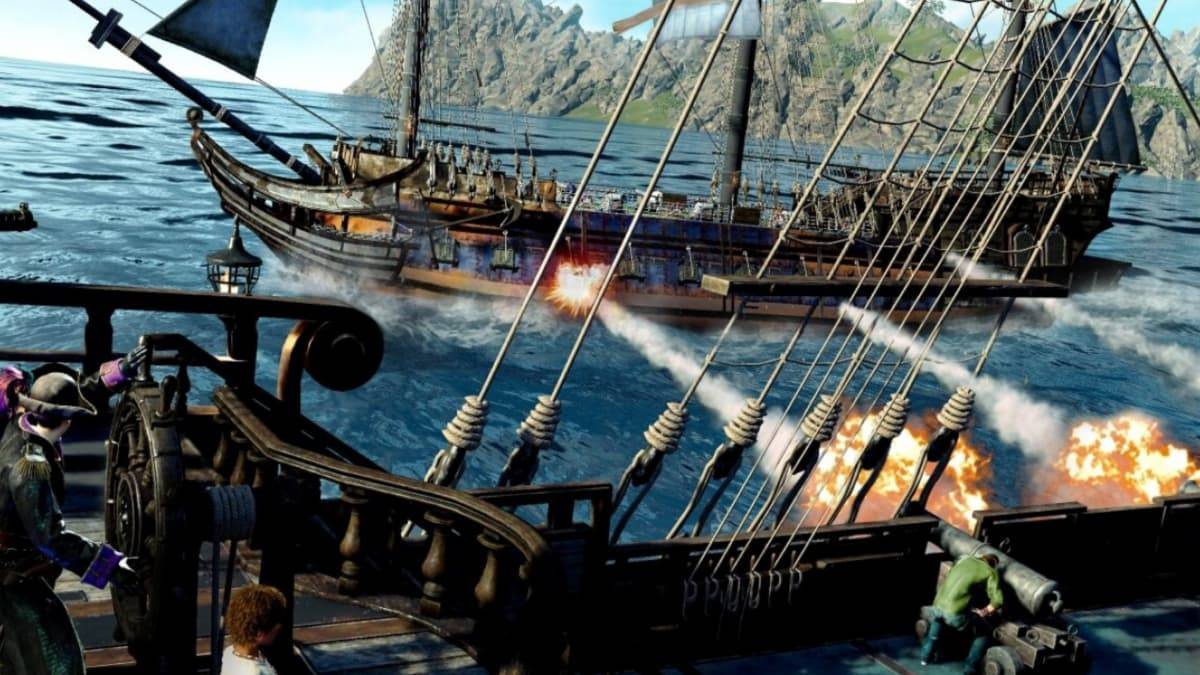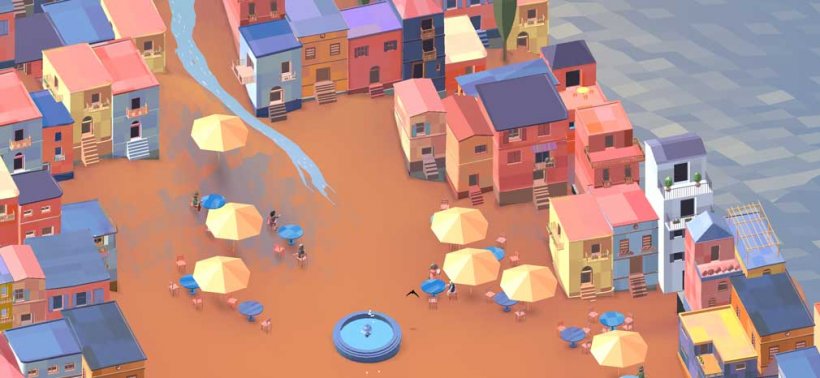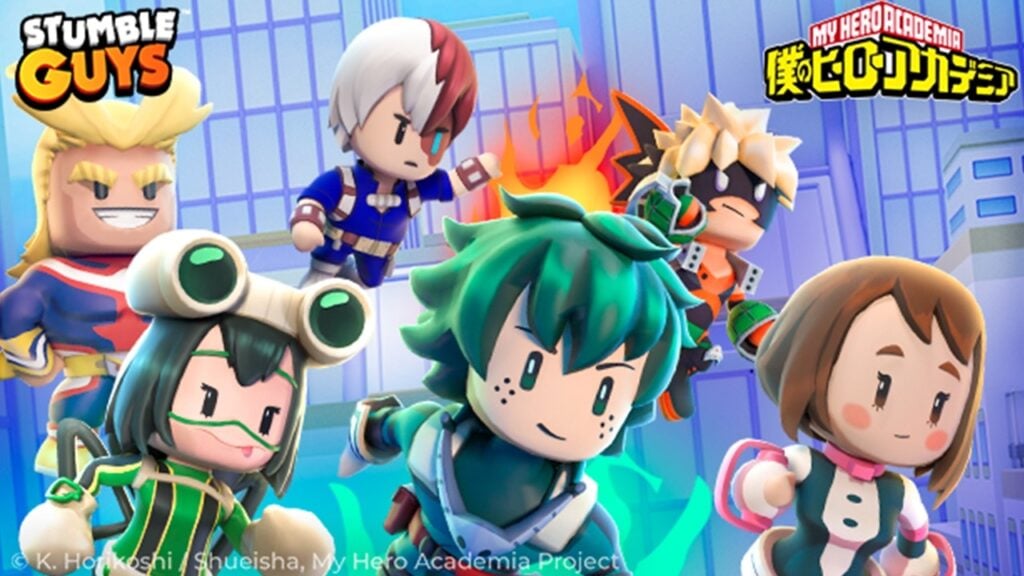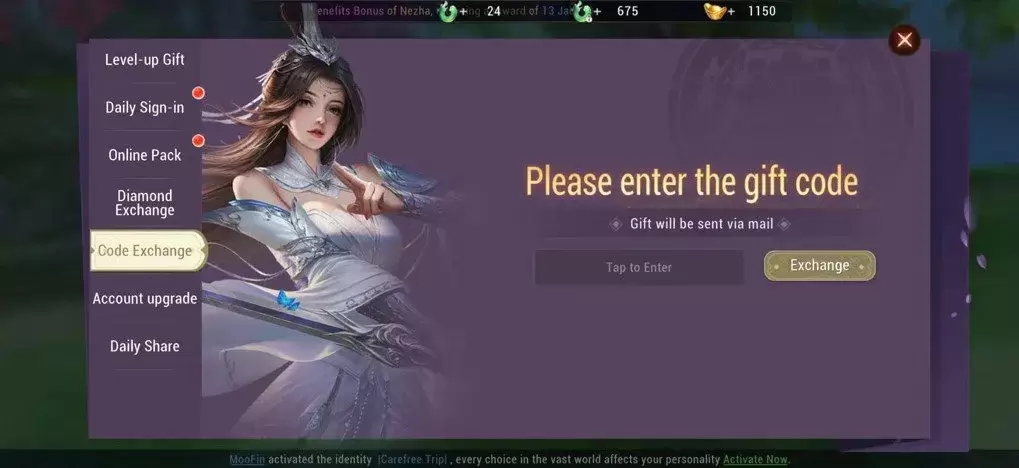What's the phenomenon of Solo Leveling?
- By Simon
- Apr 12,2025
The second season of Solo Leveling, a South Korean manhwa transformed into an anime by the renowned Japanese studio A-1 Pictures, is now underway. This thrilling series revolves around hunters, individuals with the unique ability to traverse portals and combat otherworldly enemies.
Table of Contents
- What is the anime about?
- Why has the anime become so popular?
- The second reason for its popularity is Jin-woo himself
- Finally, the marketing played a big role
- Why does the anime receive criticism?
- Is it worth watching?
What is the anime about?
Set in an alternate version of Earth, Solo Leveling unfolds in a world where mysterious gates suddenly materialize, unleashing hordes of monsters. Traditional weaponry proves ineffective against these creatures, making hunters the only line of defense. These hunters are categorized into ranks, ranging from the lowest E-rank to the elite S-rank, with dungeons similarly classified based on the threat level of their inhabitants.
The story follows Sung Jin-woo, an E-rank hunter struggling to make ends meet. Trapped in a dungeon with his team, Jin-woo's self-sacrifice in a dire situation earns him an extraordinary gift: the ability to level up, akin to a video game character. This unique power sets him on a path to becoming the world's only hunter capable of enhancing his own rank, navigating his journey through a futuristic interface that displays quests and leveling menus.
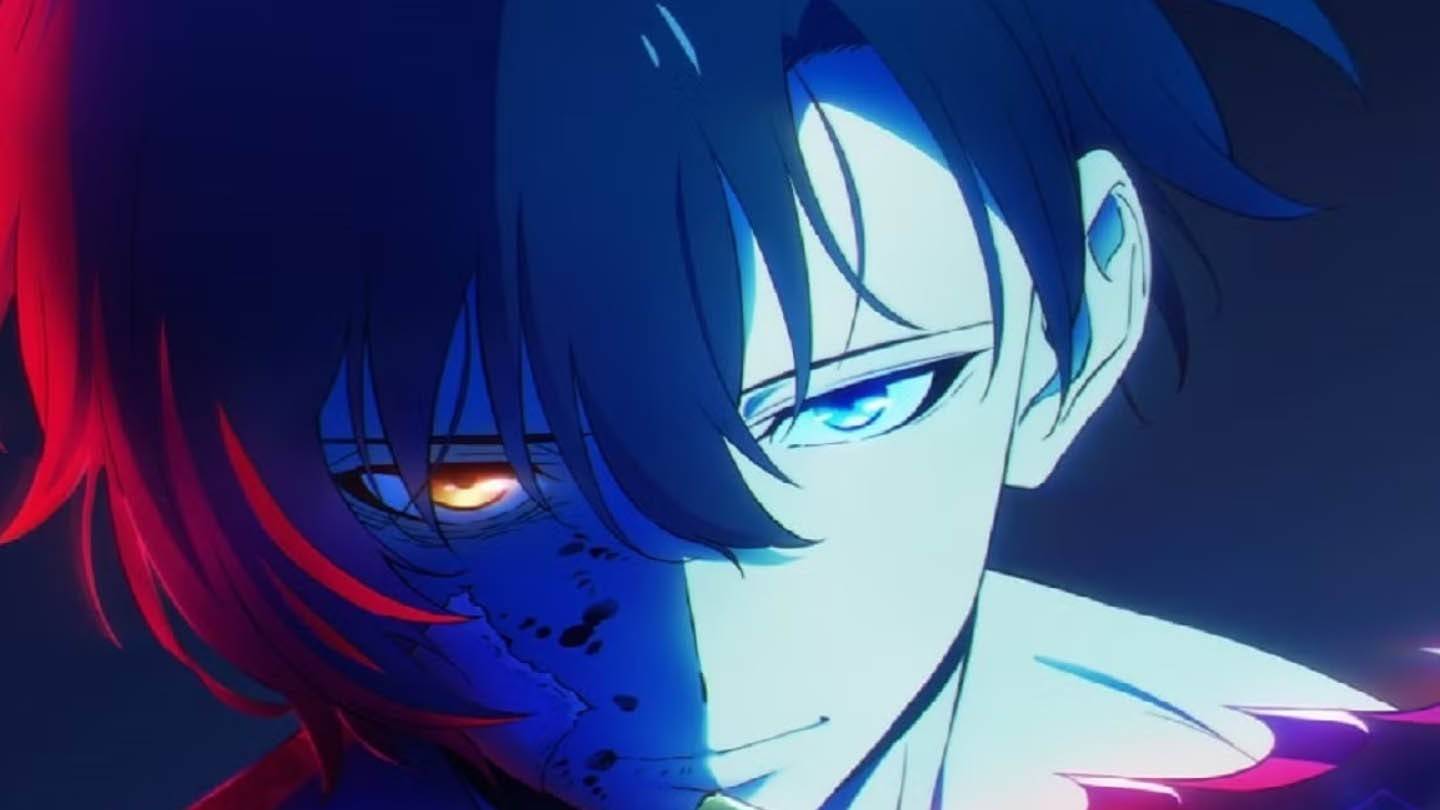 Image: ensigame.com
Image: ensigame.com
Why has the anime become so popular?
The popularity of Solo Leveling can be attributed to three key factors. Firstly, the anime is a faithful adaptation of the beloved manhwa, a task successfully undertaken by A-1 Pictures, known for their adept adaptations of works like Kaguya-sama: Love is War, Sword Art Online, and Erased. The studio has crafted an engaging, action-packed narrative that keeps viewers hooked, simplifying the plot and world-building to maintain focus on the central storyline.
Visually, A-1 Pictures enhances the viewing experience by manipulating lighting to create an immersive atmosphere, darkening scenes during intense moments to spotlight critical elements and brightening them to convey a sense of normalcy and tranquility.
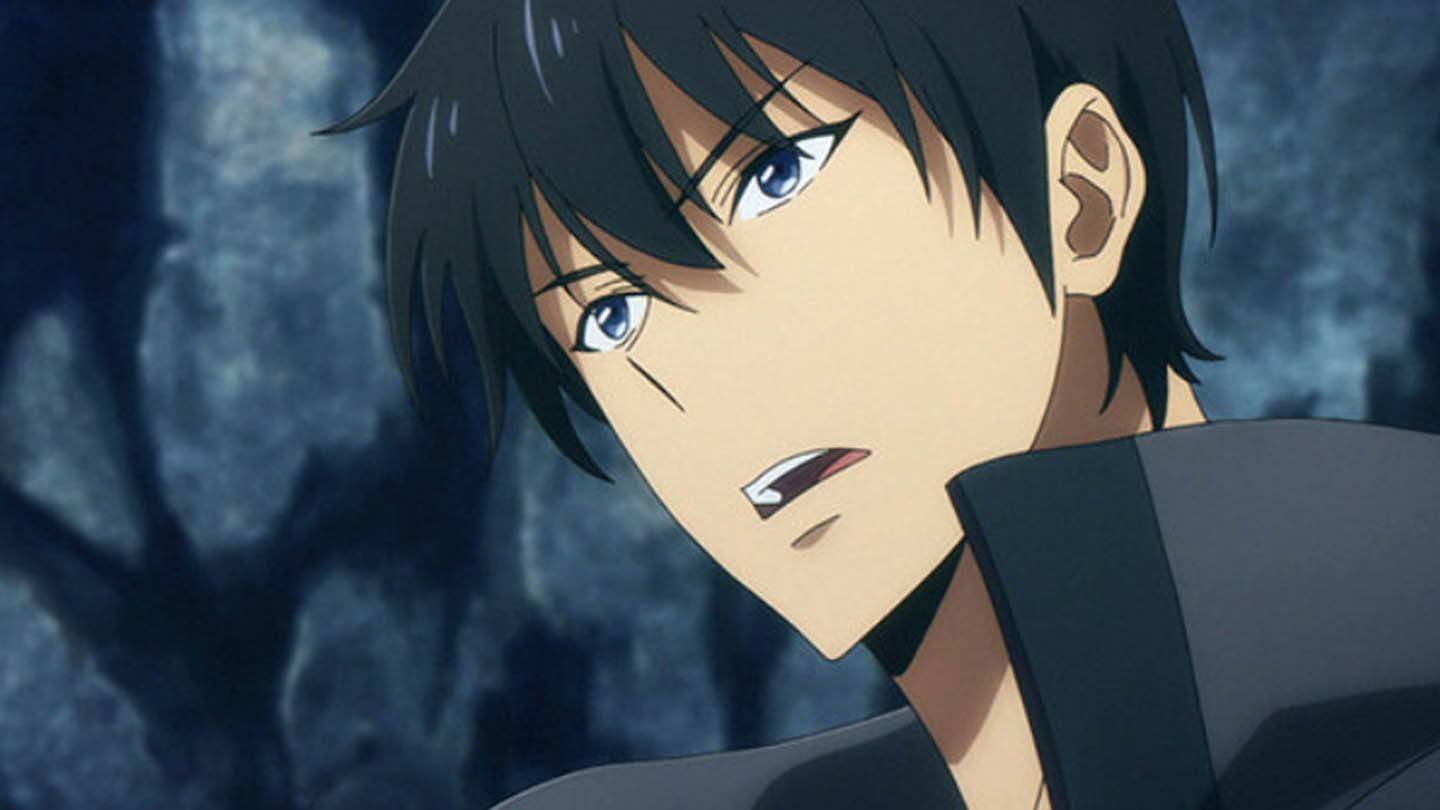 Image: ensigame.com
Image: ensigame.com
The second reason for its popularity is Jin-woo himself
Jin-woo's journey from an underdog, mockingly called "The Worst Weapon of Humanity," to a formidable hunter is a compelling tale of perseverance and growth. Despite his initial limitations and the financial burdens of supporting his family, Jin-woo's willingness to sacrifice himself for his team showcases his selflessness, earning him the System's favor. However, Jin-woo's path is not without its challenges; his mistakes, like neglecting his training, lead to harsh consequences, emphasizing the importance of dedication and hard work. His relatable struggle and eventual mastery over his powers resonate deeply with audiences.
Finally, the marketing played a big role
The marketing campaign for Solo Leveling was notably effective, with the iconic statue of God becoming a viral sensation. Its memorable toothy grin piqued the curiosity of even those unfamiliar with the manhwa, drawing them into the anime's world.
Why does the anime receive criticism?
Despite its popularity, Solo Leveling has faced its share of criticism. Detractors point out the clichéd nature of the plot and the jarring transitions between action and calm scenes. Some argue that the series glorifies Jin-woo excessively, portraying him as an almost invincible protagonist, which can make other characters seem one-dimensional and underdeveloped. Fans of the original manhwa also express dissatisfaction with the pacing, feeling that the anime does not adequately adapt the source material's gradual storytelling.
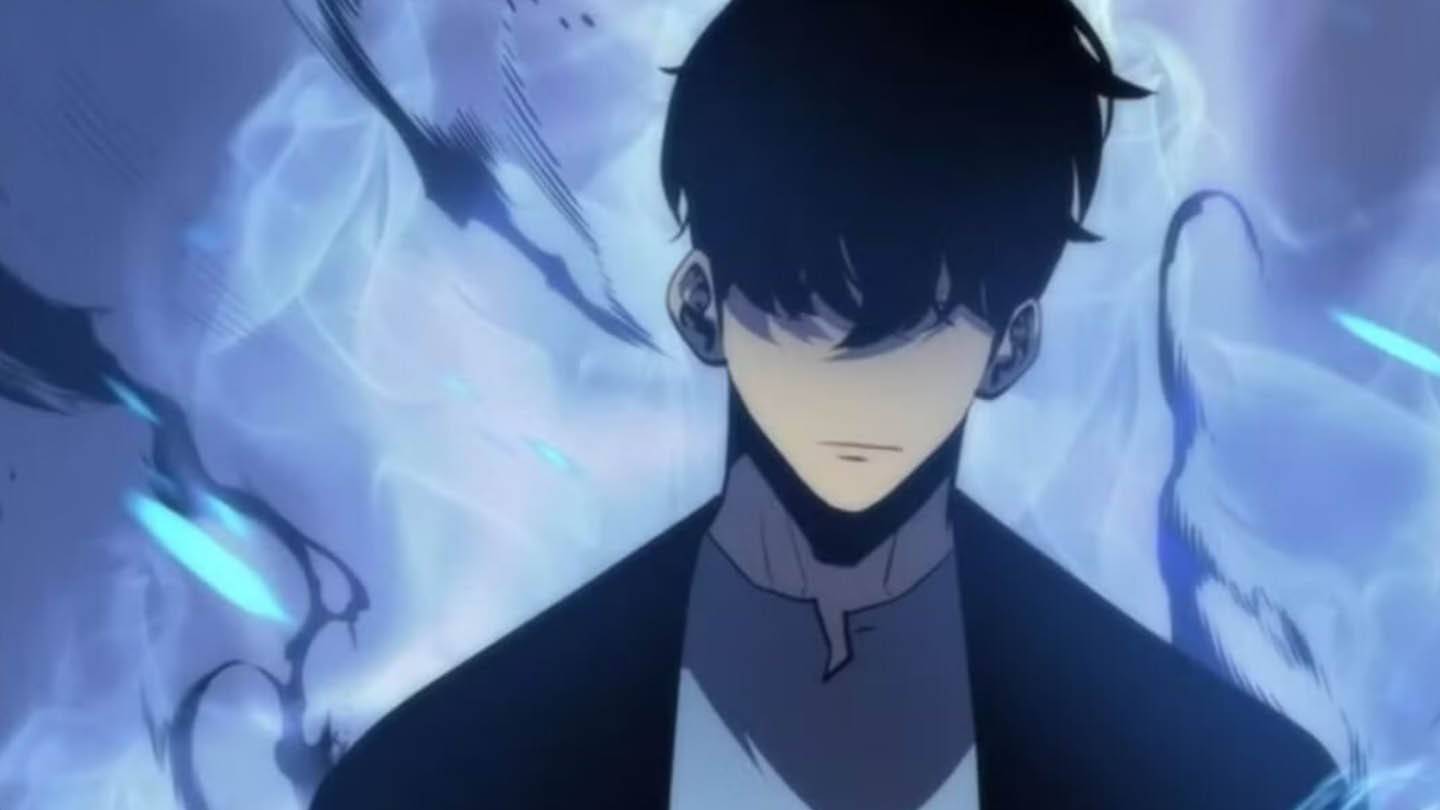 Image: ensigame.com
Image: ensigame.com
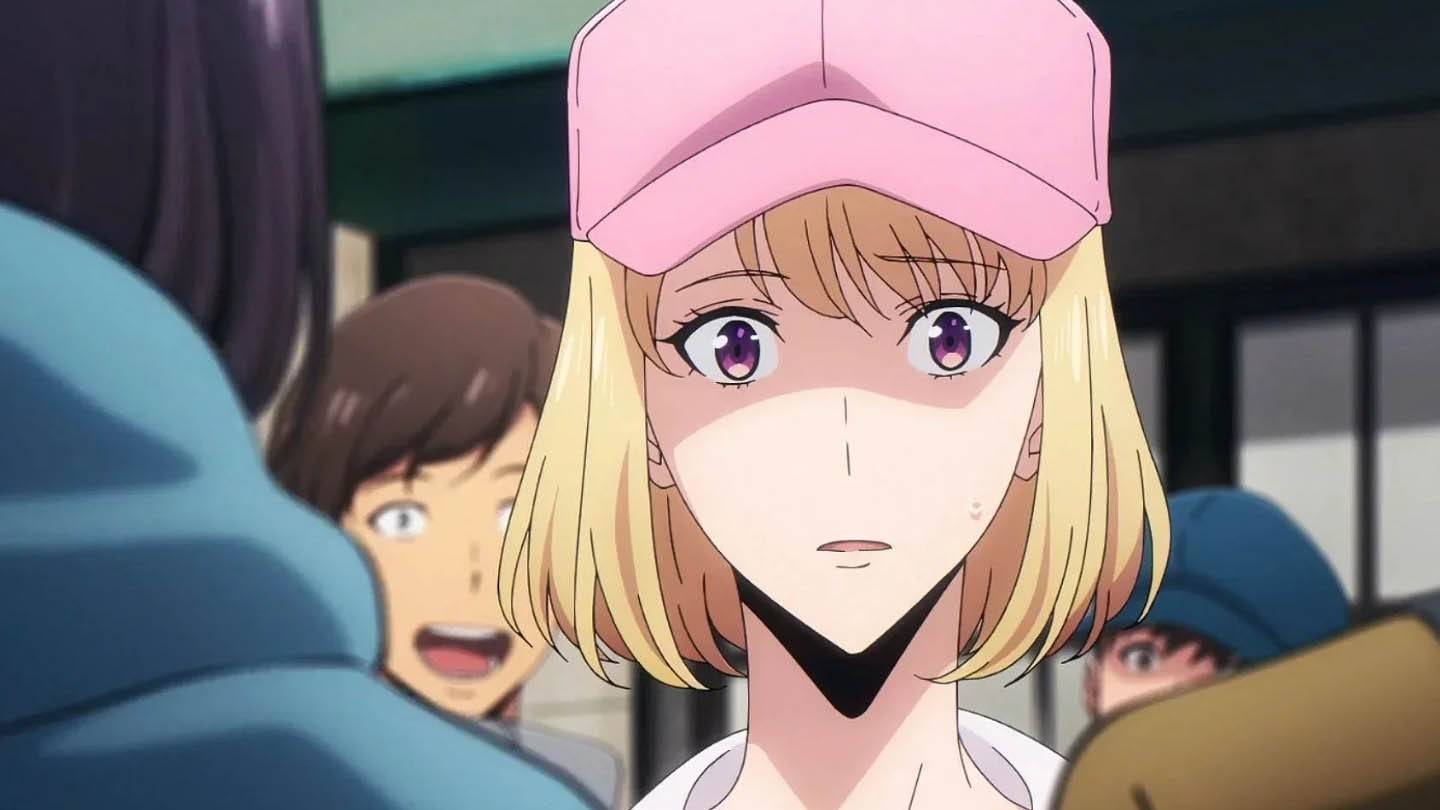 Image: ensigame.com
Image: ensigame.com
Is it worth watching?
Absolutely. If you're a fan of high-octane action with a straightforward narrative, Solo Leveling is a must-watch. The first season offers a binge-worthy experience, though if Jin-woo's journey doesn't captivate you within the initial episodes, the series might not hold your interest. Whether you decide to delve into the second season or explore the open-world gacha game inspired by the series will depend on your engagement with Jin-woo's compelling story of growth and triumph.
